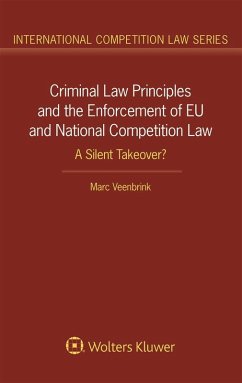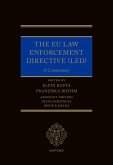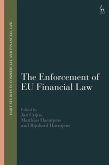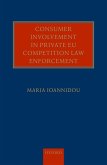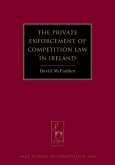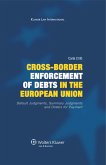Although Article 23(5) of EU Regulation 1/2003 provides that competition law fines ';shall not be of a criminal law nature', this has not prevented certain criminal law principles from finding their way into European Union (EU) competition law procedures. Even more significantly, the deterrent effect of competition law fines has led courts in the Netherlands and the United Kingdom (UK), as well as the European Court of Human Rights, to conclude that competition law proceedings can lead to a criminal charge. This book offers the first book-length study of whether courts do indeed apply criminal law principles in competition law proceedings and, if so, how these principles are adapted to the needs and characteristics of competition law. Focusing on competition law developments (both legislative and judicial) over a period of twenty years in three jurisdictions the Netherlands, the UK and the EU the author compares how each of the following (criminal law) principles has emerged and been interpreted in each jurisdiction's proceedings: freedom from self-incrimination; non bis in idem; burden and standard of proof; legality and legal certainty; and proportionality of sanctions. The author offers proposals involving both legislative and judicial actions, with examples of judges invoking criminal law principles to develop an appropriate level of safeguards in competition law proceedings. The book shows that criminal law can provide a rich source of inspiration for the judiciary on the appropriate level of legal safeguards in competition law proceedings. As such, it provides an important source of information and guidance for lawyers and judges dealing with competition law matters.
Dieser Download kann aus rechtlichen Gründen nur mit Rechnungsadresse in A, B, BG, CY, CZ, D, DK, EW, E, FIN, F, GR, HR, H, IRL, I, LT, L, LR, M, NL, PL, P, R, S, SLO, SK ausgeliefert werden.

